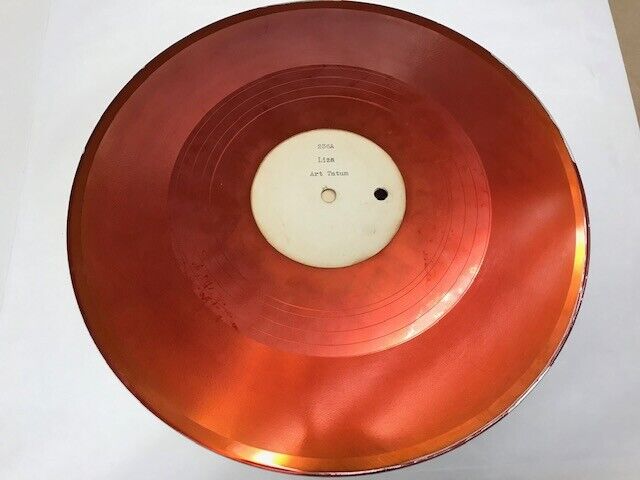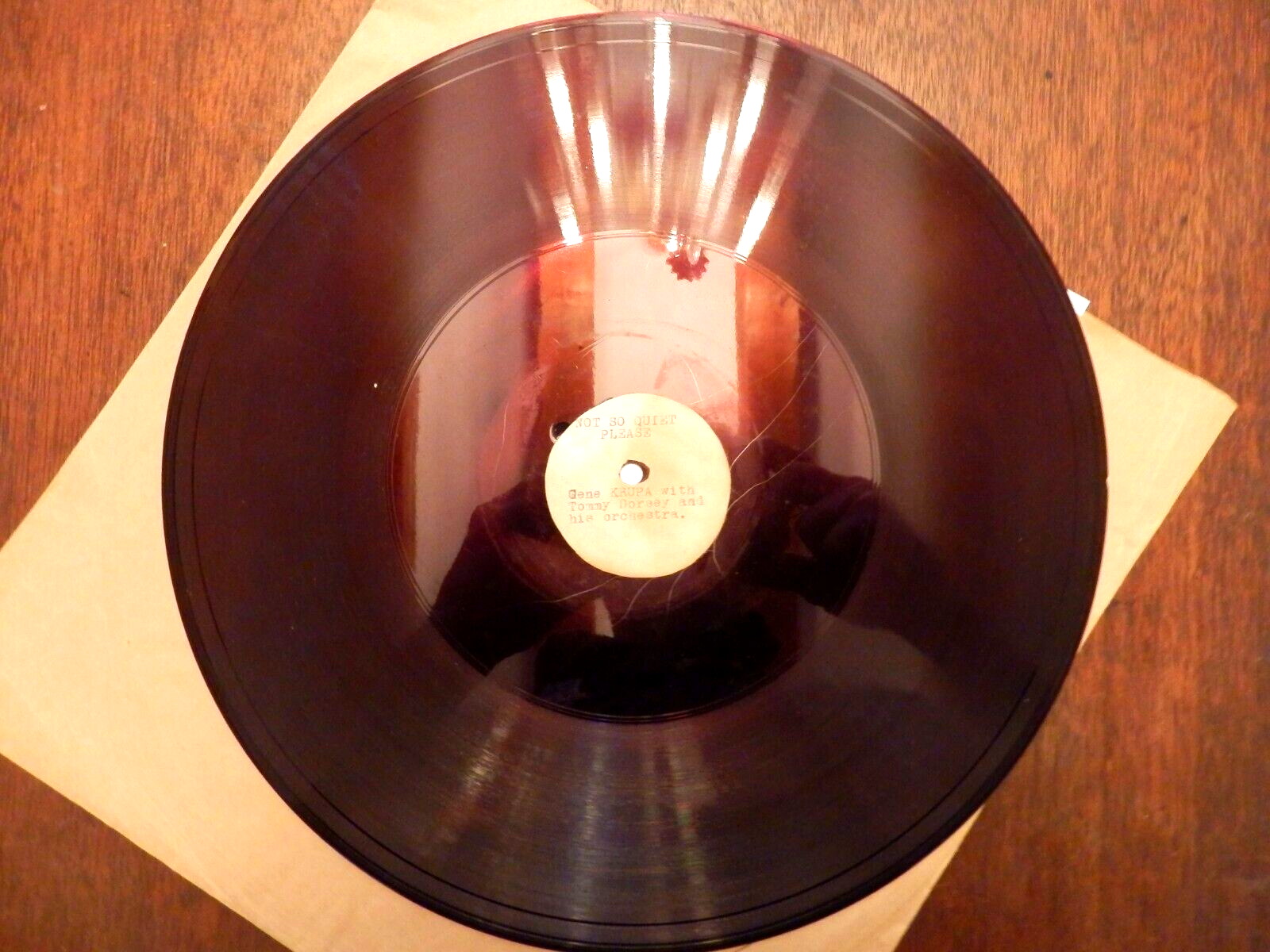I agree, the initial use of the word acetate was misleading, but by now acetate and lacquer are used so interchangeably (as evidenced by Larry’s book to mention just one example but there are many others) that everybody understands this. Hence why the word acetate made it into the paper and hence why nobody is wondering what the author meant by it.
I think for this to be seen as a meaningful correction, there would need to be some sort of ambiguity and I just don’t think there is. Does the word acetate hinder our understanding of the paper, or cause confusion or ambiguity? Would the word lacquer help us to understand it better? I am not convinced.
The word lacquer does sometimes help to disambiguate, for example when comparing dubs and masters, but not in this paper. The author does not need to make the distinction, because the article is not about dubs v masters per se.
I am not saying it would be wrong to use the word lacquer in the paper, but I find acetate to be perfectly acceptable. As a catch-all term for cellulose-nitrate covered discs, it can be used too.
Incidentally, it’s very hard to find examples of people using the term “lacquer dub” or “dub lacquer” (each of those search terms yields just over 1000 hits on google) so its unlikely to be used as a catch-all term any time soon.
Yes, I know the author is talking about masters, but if we frown upon acetate as a catch-all term, we have to find another one to replace it, and currently lacquer is just not doing the job.
We will not be struck down by lightening for using the word acetate. Likewise saying swarf instead of chip, or styluses instead of stylii


